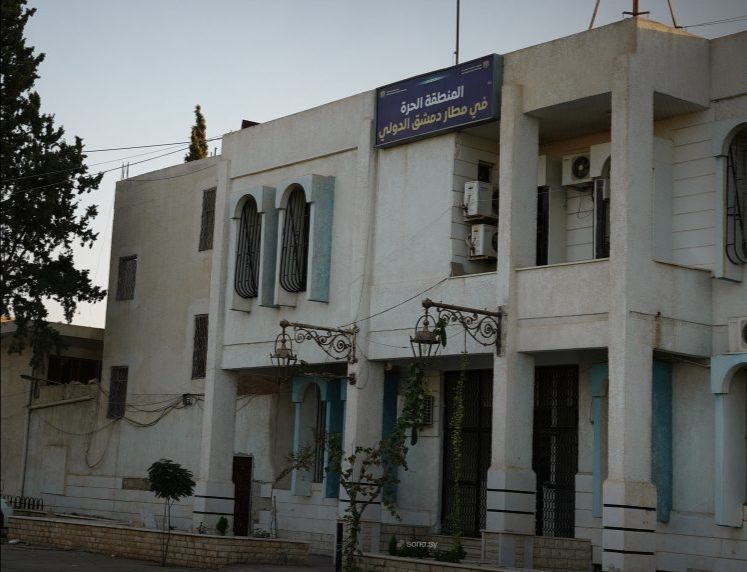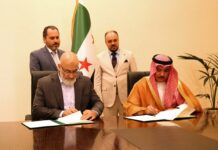 After a 14-year pause, the free zone at Damascus International Airport has officially resumed operations, welcoming its first commercial shipment. The move marks a significant step in Syria’s efforts to revitalize trade and attract investment, signaling a broader push toward economic recovery and reconstruction.
After a 14-year pause, the free zone at Damascus International Airport has officially resumed operations, welcoming its first commercial shipment. The move marks a significant step in Syria’s efforts to revitalize trade and attract investment, signaling a broader push toward economic recovery and reconstruction.
According to a statement from the Syrian General Authority for Land and Maritime Ports, the reopening of the airport free zone represents a milestone in the country’s post-war reconstruction journey. The authority described the resumption of activity as “a new achievement that will help restore Syria’s role as a regional hub for trade, transport, and logistics.”
The first batch of goods received marks the beginning of a new operational phase for this long-dormant facility, which had been inactive for more than a decade. Officials said the move would contribute to stimulating trade flows, encouraging private investment, and supporting sustainable development throughout the country.
Investment Opportunities and Incentives
The General Authority for Land and Maritime Ports emphasized that investors in the free zone enjoy a wide range of advantages designed to attract both local and foreign capital. These include full exemptions from taxes and fees, the freedom to transfer foreign capital, and the ability to issue certificates of origin and trade registration.
Investors are also granted access to existing infrastructure, flexibility in hiring Syrian labor, the right to open foreign currency accounts, and the use of equipped yards and warehouses for storing goods. These facilities are available not only to investors but also to traders utilizing the free zone for transit and storage.
The government has recently announced over 500 new investment opportunities across its various free zones, part of a broader strategy to rebuild the economy and restore Syria’s position as an attractive destination for regional trade.
Expanding the Free Zone Network
According to Maher Aloush, director of the Free Zones Institution under the authority, Syria’s free zones have been unified under one administrative structure. These include zones in Damascus, Adra, the Damascus Airport, Latakia, Tartous, Homs, Muslimiyah in Aleppo, and Yarubiyah in Hasakah.
Aloush added that a new free zone in Idlib Governorate has been approved by decree and is expected to begin operations soon. Currently, the Adra, Damascus, and Damascus Airport free zones are active and receiving shipments.
The reopening of the Damascus Airport Free Zone marks a strategic milestone in Syria’s reconstruction efforts, offering new incentives for investors and strengthening the nation’s role as a commercial crossroads in the region.








